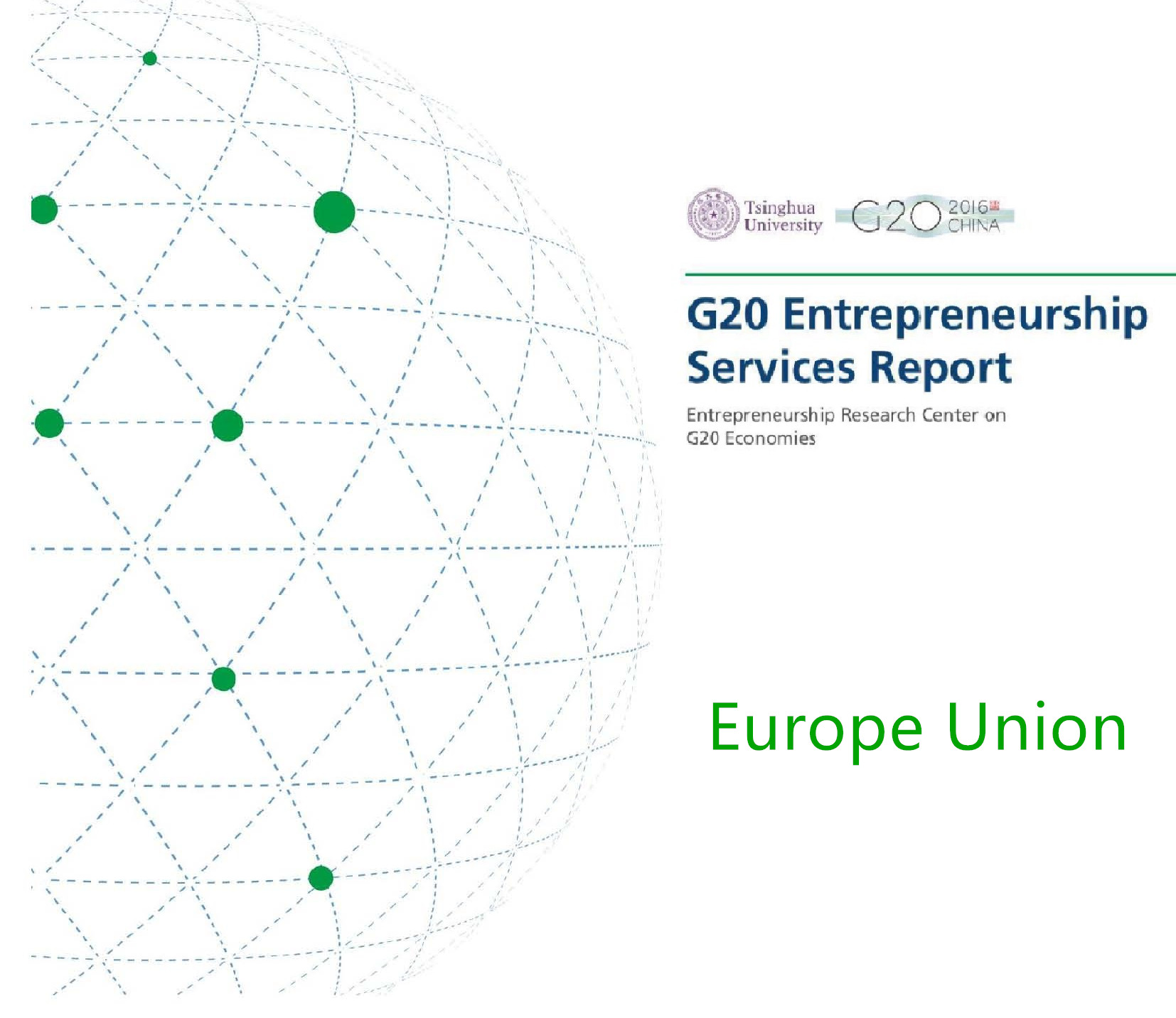
Summary
The Small Business Act for Europe (SBA) released by the EU in December 2008 is the basic policy framework of the EU’s small and medium enterprises (SMEs). After that, the EU formulated and promulgated a series of programs including Horizon 2020 (2012), Entrepreneurship 2020 Action Plan (2013), Competitiveness of Enterprises and SMEs (COSMEs) (2013), European SME-Action Program (2017) and 2018-2020 Work Plan (2017).
The European Commission for Internal Market, Industry, Entrepreneurship and SMEs is mainly responsible for creating a favorable environment for enterprise development, promoting the innovation, and improving competitiveness. The EU’s SME-Envoy Network is mainly responsible for providing advice on regulation and policy formulation, and timely understanding, coordinating and promoting SME development in various countries.
In terms of fiscal and taxation support, the European Commission issued a law on value-added tax incentives for SMEs in early 2018 to reduce tax burden. The Entrepreneurship 2020 Action Plan proposes to reduce the cost of tax compliance and improve the business environment for SMEs.
In terms of financing support, the SME-Envoy Network under the European SME-Action Program proposed to broaden financing channels for SMEs. The EU implements the programs and plans in the EU 2014-2020 COSME and Horizon 2020 for improving the financing difficulties faced by SMEs through the European Structural Funds and by developing progress microfinance and supporting SMEs to enter the capital market.
In terms of technical support, information support, market expansion and business incubation services to support entrepreneurial innovation, the EU proposed in its 2017 Horizon 2020 2018-2020 Work Plan to launch the European Innovation Council (EIC) to support breakthrough innovations. The EU promotes the sharing of scientific research information among SMEs and the commercialization of research results by sharing public scientific research information and the incorporation of SMEs into the development of public pan-European information infrastructure. The COSME includes supporting SMEs to be international, creating a favorable environment conducive to competition, and providing market support and services for SMEs. The EU has also increased its service support by building EU Enterprise Europe Network (EEN) and European Cluster Collaboration Platform (ECCP). The “Data Pitch” program, a startup accelerator funded by the European Commission, was officially launched in 2017.
The Entrepreneurship 2020 Action Plan takes strengthening entrepreneurship education and training to support entrepreneurship and economic growth and reviving the European entrepreneurship culture to develop the next generation of entrepreneurs as its main tasks. The European Commission and EU member states have actively supported women and youth entrepreneurship. The Startup Europe Universities Network (SEUN) links up European universities, enterprises and science park resources to provide better support for entrepreneurship.